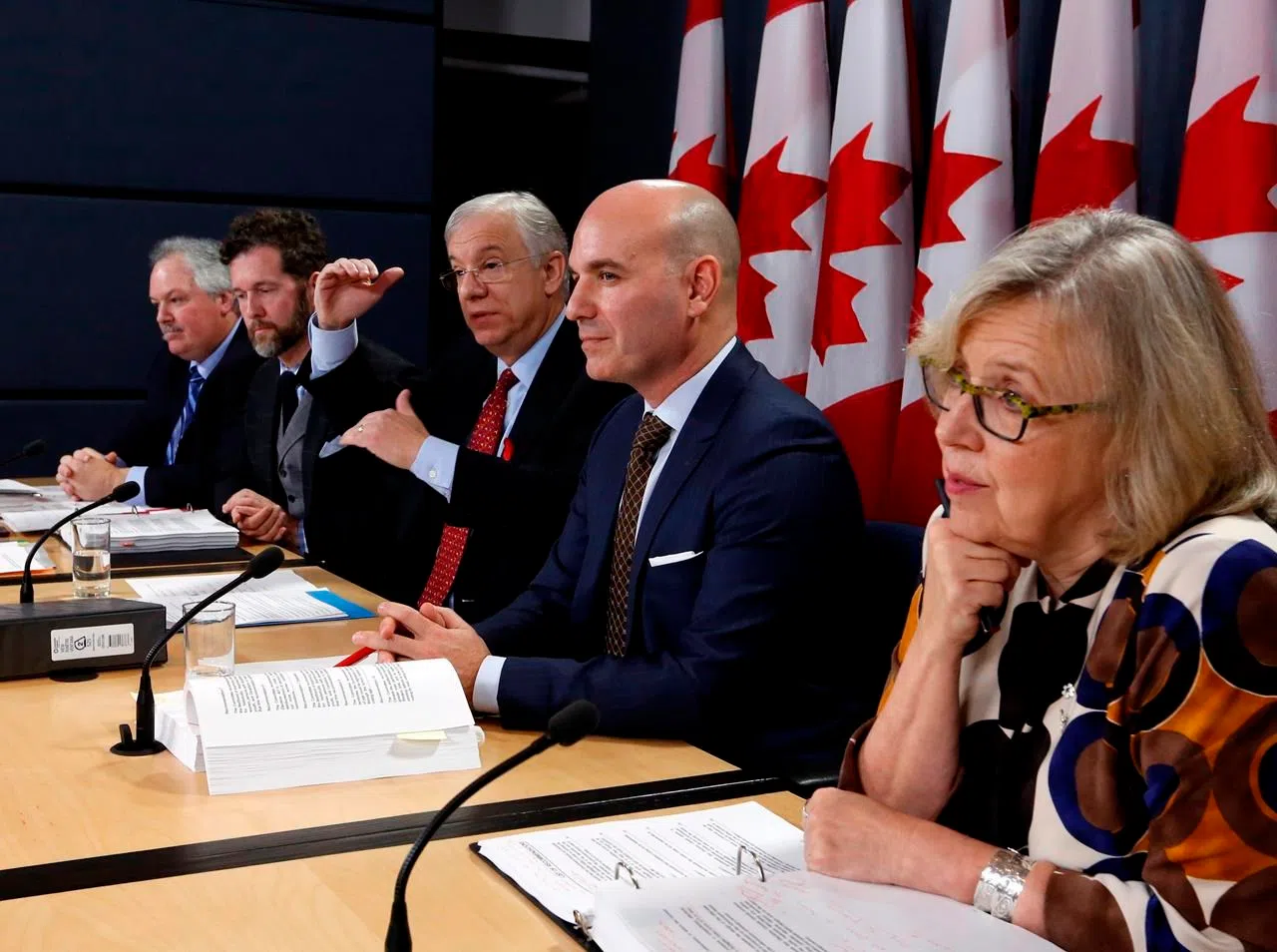
Monsef’s dismissive response to committee report dims hope for electoral reform
OTTAWA — Any hope that Prime Minister Justin Trudeau will keep his promise to reform Canada’s voting system in time for the next federal election all but vanished Thursday after his democratic institutions minister misrepresented the conclusions of a special all-party committee and accused it of shirking its job.
Maryam Monsef continued to insist that the government remains committed to Trudeau’s campaign promise and to working collaboratively with opposition parties on replacing the first-past-the-post electoral system. She said she still hopes to introduce legislation in the spring.
But Monsef flabbergasted opposition parties with a dismissive, hostile response to the majority report of the opposition-dominated committee on electoral reform, which recommended that the government design a new proportional voting system and hold a national referendum to gauge public support for it.
Liberal members of the committee dissented, arguing that Canadians are not sufficiently engaged in the issue as they urged Trudeau to abandon his self-imposed deadline to change the voting system in time for the October 2019 election.



